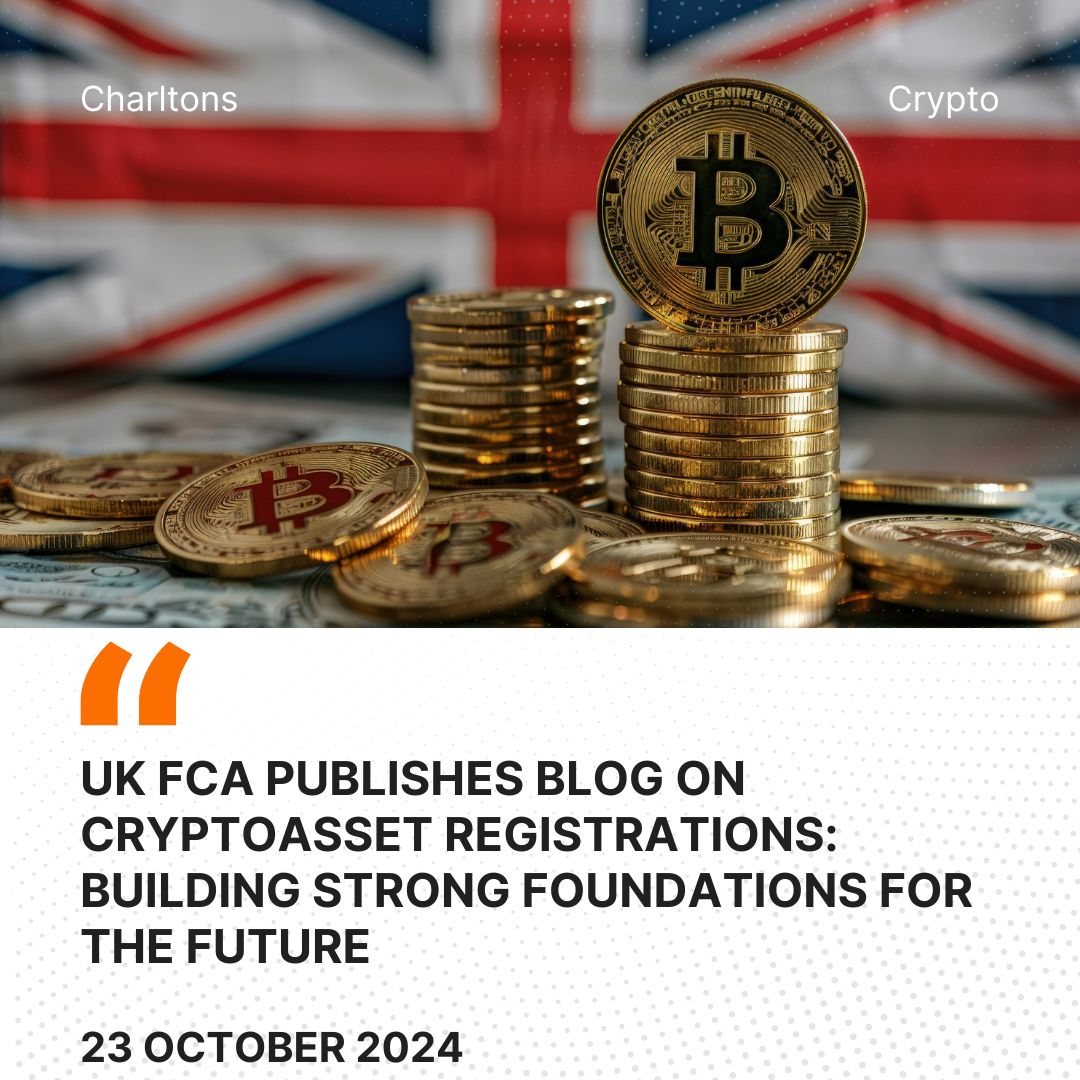
On 18 October 2024, Val Smith, Head of Payments and Digital Assets at the UK’s Financial Conduct Authority (UK FCA), published a blog discussing the UK FCA’s approach to registering crypto firms and the importance of maintaining high standards under the Money Laundering Regulations. Smith addressed concerns that the UK FCA’s rigorous registration process could be stifling innovation, while also reinforcing the need to protect consumers and ensure the integrity of financial markets.
In her blog, Val Smith began by acknowledging criticisms that the UK FCA’s standards for crypto firms may be perceived as overly strict. However, she stated that the UK FCA’s commitment to tackling financial crime is paramount. Allowing firms with lax controls could pave the way for money laundering, terrorism financing, and other illicit activities. She made it clear that the UK FCA never rejects applications without due consideration, but remains firm in its dedication to protecting the financial system from being misused.
She explained that the UK FCA’s role is to prevent the “race to the bottom,” where lowering standards could lead to dangerous and unstable growth in the crypto sector. Instead, the UK FCA’s focus is on creating a crypto industry built on solid, trusted foundations. By holding firms to high standards, the UK FCA is fostering an environment where innovation can thrive sustainably and securely, with long-term growth prospects.
Smith also highlighted the importance of trust in the financial system, stating that universal standards are essential to building a competitive and thriving crypto sector in the UK. She acknowledged the unique challenges that crypto firms face when navigating new regulatory processes but assured that the UK FCA actively supports firms by offering guidance, pre-application meetings, and practical examples to help them through the registration process.
According to Smith, no two registration applications are the same. The UK FCA’s assessment of each firm goes beyond just the systems they have in place. The UK FCA also considers the operational environment, the people behind the firm, and the customers they intend to serve. This individualised approach means that the time required to process each application varies depending on the complexity and specifics of the firm.
Smith concluded by reiterating that the number of crypto firms being registered will continue to be a focus for public and industry scrutiny, but the UK FCA’s priority remains clear: protecting consumers and the financial system. The UK FCA is committed to supporting firms that meet the required standards, while filtering out those that pose a risk. By upholding regulations such as the MLRs, the UK FCA is not only addressing current challenges but also ensuring a robust and competitive crypto sector for the future.
(Source: https://www.fca.org.uk/news/blogs/cryptoasset-registrations-building-strong-foundations)





